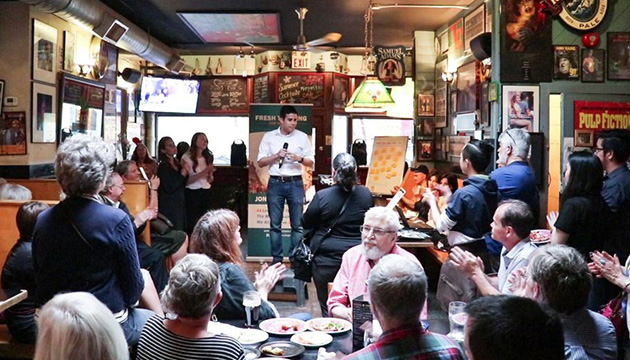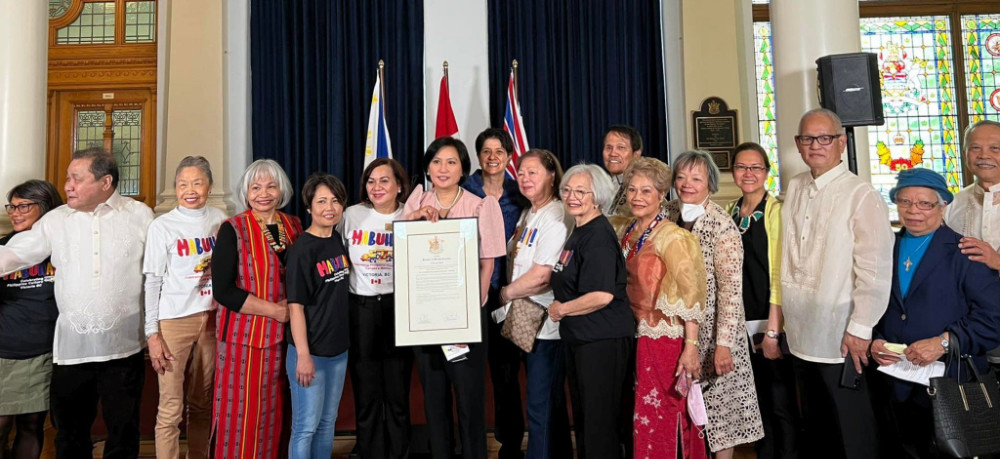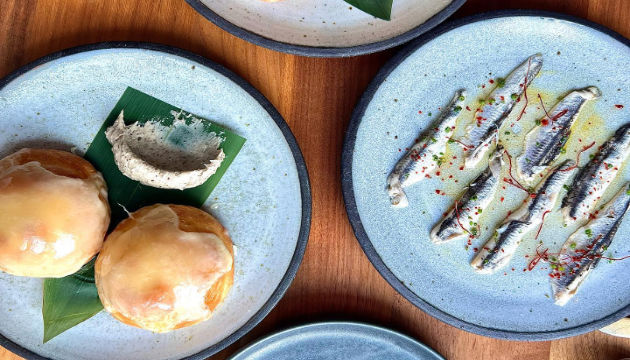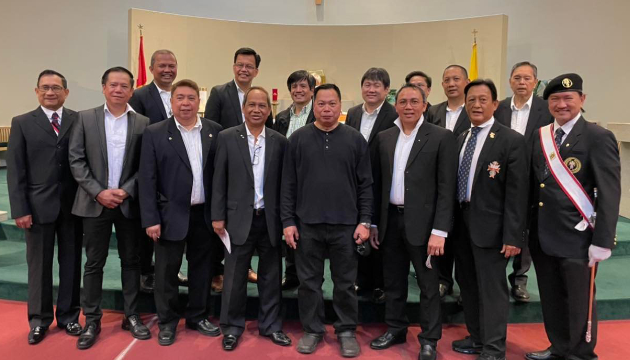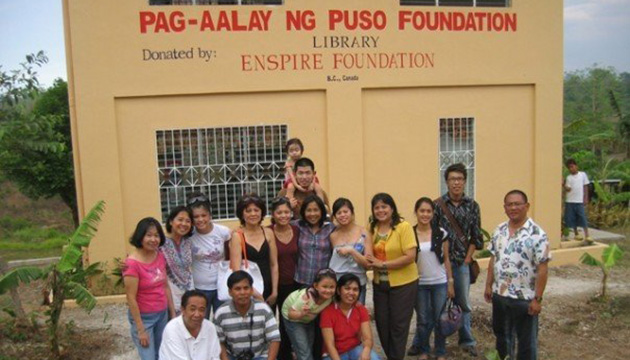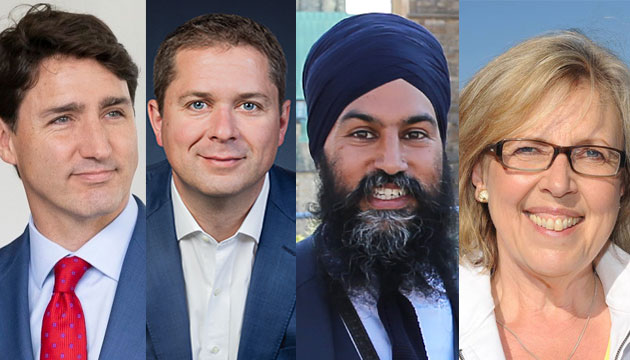Every year, Canadian Filipinos celebrate two national commemorations.
One is Philippine Independence Day on June 12. The second is Canada Day on July 1, marking the birth of the country that many Filipinos call their new home.
This year is special because 2017 is Canada’s sesquicentennial or 150th anniversary.
That’s why for the months of June and July, Canadian Filipino Net will have a double bill: a Philippines 101 focusing on the various aspects of Philippine history, government, arts and culture; and a Canada 150 collection of articles.
As citizens of the one of the most vibrant democracies in the world, Canadian Filipinos have all the reasons to feel proud about who and where they are.
Filipinos have a glorious heritage as a freedom-loving people. The blood of heroes courses through their veins.
They’re the descendants of the brave men and women who waged the first nationalist revolution against western colonial rule in Asia.
As retired history professor Oscar Evangelista noted, the revolution that led to the declaration of the first Philippine republic on June 12, 1898 was “ahead of its time”.
In a paper titled ‘The Philippine Revolution (1896-1901) with the context of Asian history: A comparative study of anti-colonial movements in Asia, 1857-1918’, Evangelista recalled that no anti-colonial revolution took place in Asia before 1900, except that in the Philippines.
The Philippine revolution ended more than three centuries of Spanish colonial rule. However, the struggle for freedom didn’t end with the declaration of the first republic, as patriots had to fight a new colonizer, the United States.
It was only after World War II that the Americans granted independence to the Philippines on July 4, 1946.
Until 1962, Philippine Independence Day was celebrated on July 4. On May 12 of that year, then President Diosdado Macapagal moved the celebration from July 4 to June 12, noting that the latter was the date when Filipinos declared their independence.
July 4 is now observed as Filipino-American Friendship Day in the Philippines, coinciding with the Fourth of July independence celebration in the U.S.
The birth of Canada predates that of the first Philippine republic by 31 years, through the British North America Act, 1867, also known as the Constitution Act.
The law was passed by the British Parliament, creating Canada as a self-governing Dominion of the British Commonwealth, a confederation that consisted at the time of Ontario, Quebec, Nova Scotia, and New Brunswick.
Canada has since grown to become a prosperous union of 10 provinces and three territories, which today serves as a model of democracy and freedom in the world.
It is an open and pluralistic society, whose economic strength and cultural diversity have been enhanced by its warm acceptance of people who have chosen Canada as their new home.
Filipino migration to Canada is a modern phenomenon, starting with small numbers in the 1930s, then increasing to hundreds during the 1950s and 1960s.
Filipinos are now among the largest foreign-groups in Canada, with numbers almost doubling from 232,665 in 2001 to 454,335 in 2011.
In this land of extraordinary beauty, Canadian Filipinos are building a better life for themselves and others.
Canadians say they have the best country in the world, and that’s about right.
According to the 2016 Social Progress Index published by the Social Progress Imperative, a U.S.-based nonprofit, Canada trails only Finland in bragging rights.
The index is an average score from three categories: basic human needs (nutrition and basic medical care, water and sanitation, shelter, and personal safety); foundations of wellbeing (access to basic knowledge, access to information and communications, health and wellness, and environmental quality); and opportunity (personal rights, personal freedom and choice, tolerance and inclusion, and access to advanced education).
Finland scored 90.09 in the index, followed closely by Canada with Canada 89.49. The U.S. came in at 19th place. The Philippines was in the middle of the 133 countries included in the index, placing at 68th and with a score of 65.92.
“As with Finland, Canada is known for its social welfare policies,” according to the 2016 Social Progress Index report. “It also leads the world on the Opportunity dimension, ranking first place in Access to Advanced Education (87.42), thanks to its top-ranking universities and access to tertiary education. This may also be a sign of the success of Canada’s multicultural model.”
Not bad, eh? So as Philippine Independence Day celebrations come around from coast to coast, let’s raise a toast as well to Canada and its 150th birthday. And don’t forget to join the many events being lined up for Canada’s epic party this year. Cheers!
Contact us at:




